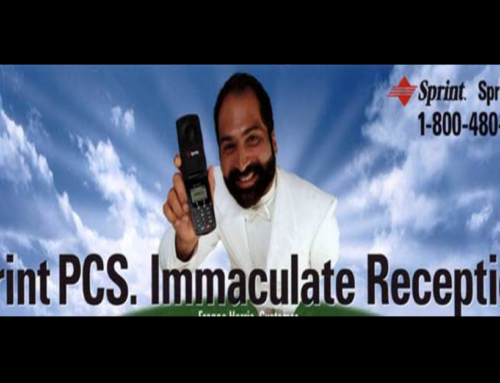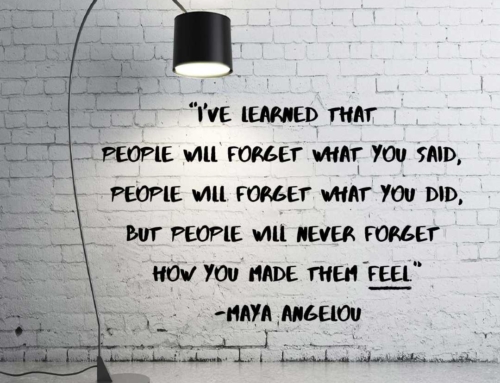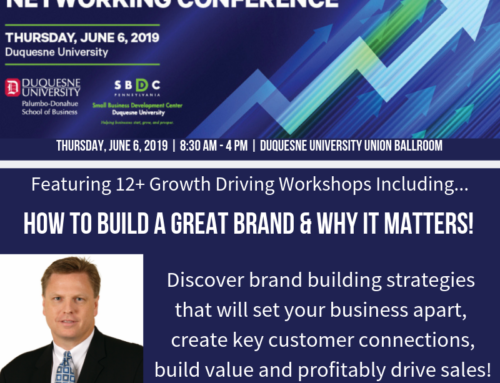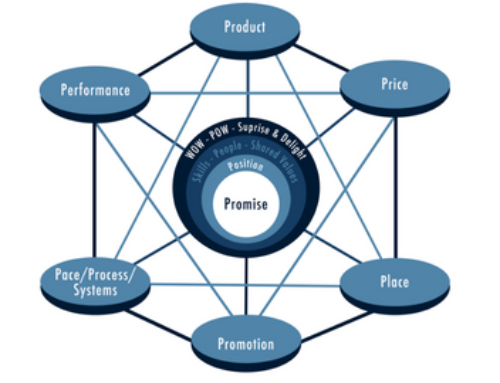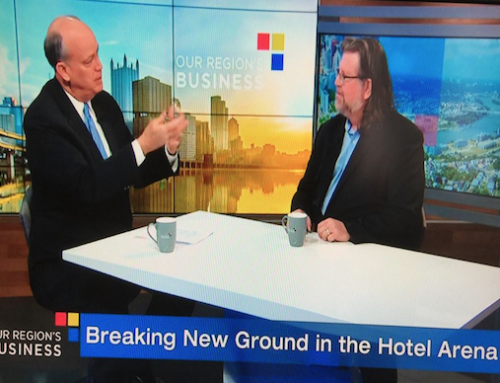 On Friday, February 21, BrandMill helped the Bishop Canevin Alumni Association host best-selling author Chris Lowney as their first Ignatian Spiritual Leadership Speaker for more than 100 guests at Pittsburgh’s St. Paul’s Seminary, Cardinals’ Great Hall. And, the event which attracted over 100 paid guests ($100 per ticket) was a huge success.
On Friday, February 21, BrandMill helped the Bishop Canevin Alumni Association host best-selling author Chris Lowney as their first Ignatian Spiritual Leadership Speaker for more than 100 guests at Pittsburgh’s St. Paul’s Seminary, Cardinals’ Great Hall. And, the event which attracted over 100 paid guests ($100 per ticket) was a huge success.
Check out the great pre-event press coverage we earned in the Sunday, February 16 Pittsburgh Post-Gazette (top/front page Business section – Former JP Morgan manager: The business world could learn a lot from Pope Francis. And, see a related article in the Pittsburgh Catholic (page 2).
Chris Lowney currently chairs the board of Catholic Health Initiatives. Formerly, a Jesuit seminarian and J.P. Morgan Managing Director on three continents, Chris is now is a popular keynote speaker who has lectured in more than 24 countries on leadership, business ethics, decision-making and other topics. As a well-known speaker, Lowney has influenced many people that range from religious, to educators, to corporate businessmen and women.
Event attendees received continental breakfast, Chris’ two part – three hour seminar on Ignatian Spiritual Leadership and a copy of his book, “Pope Francis – Why He Leads the Way He Leads.” Bishop Canevin students volunteered at the event and helped with registration, parking, welcoming guests and promoting the school.
Here are a few key Ignatian Spiritual Leadership Takeaways from Chris’ inspirational talk.
What is leadership
Per Webster’s Dictionary – “To point out a way, direction or goal….to influence others toward it…and to make good choices…in order to achieve results.”
The case for leadership
Moral and ethical leadership is needed more than ever because of people’s lack of faith in the character and integrity of “leaders” today. See Gallup 2013 Honesty and Ethics (Rating of Clergy Slides to New Low – Nurses again top list; lobbyists are worst).
Because the world today is so much more complicated, fast-paced, and rapidly changing than years ago, it’s important that leadership be decentralized. Everyone on a team can lead, but there needs to be a clear direction or strategy; and a motivating vision of accomplishing things that are bigger than ourselves – our own personal goals; no buy in
Sense of self-direction
We must recognize that we’re all leaders and that we can’t be great leaders of our families, firms, communities etc. unless we can lead ourselves – it all starts with self-leadership – and answer the following questions:
- Why are we here
- Where are we going
- How do we get there
- What do we stand for
- What do we do tomorrow
Great leaders are
- Self-aware, authentic, and committed to purpose greater than self (heroic)
- Ingenious: free to make choices and skilled at decision-making
- Reflect daily, deliver results, are grateful, treat others with love (See St. Ignatius’ Examen)
To strengthen your own leadership performance, every day:
- Remind yourself that you will be pointing out a way and influencing others; you have a leadership opportunity.
- Organize daily priorities by reminding yourself each morning: direction, influence, choices, results.
- Take two mental “pit stops” of five minutes each: gratitude, lift your horizon, review the last few hours (See St. Ignatius’ Examen).
To help your team:
- Encourage them to do their own daily mental “pit stops”
- Say thank you and look for ways to introduce more gratitude into work
- At least quarterly, remind the team that each has a leadership opportunity
- And, finally when you have to make choices, identify any “unhealthy attachments” that are holding you back from making a decision that’s free from all prejudices.

